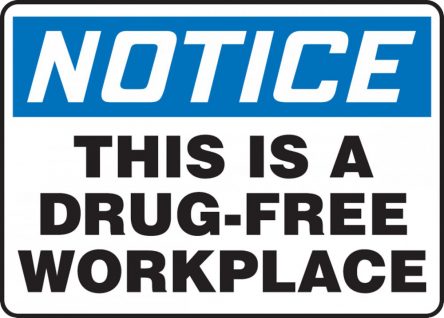Impacts of Legalized Cannabis on your Workforce

Introduction
At the time of this writing, cannabis remains illegal under federal law in the United States despite the fact that 46 states and the District of Columbia have legalized it for use at some level. Another 9 states along with the District of Columbia have legalized recreational use of the substance. The map is ever changing as state legislators introduce new bills on a monthly basis.
How job safety is impacted by Cannabis use
There is no solid research or evidence that cannabis is a “gateway drug” in the way it is often portrayed. However, it does have potential to become addictive for the user. Roughly 10% of recreational cannabis users become addicted. Employees who test positive for cannabis have an increased risk for accidents, injuries on the job, and greater absenteeism compared to those who test negative.
Other factors that impact the bottom line are:
- Decreased productivity
- Increased worker compensation and unemployment compensation claims
- High turnover
- Lawsuits
Most Case Law sides with the Employer
State statutes usually side with employers who reject potential employees or reprimand workers that test positive for cannabis, even if they have a medical cannabis card. However, employers should note that a few states, such as Illinois and New York, afford protections to registered medical cannabis users and may require that employers engage in an interactive process to see if a reasonable accommodation can be made in certain circumstances. In the majority of states, including California, employers don’t have to make accommodations even for off-duty medicinal use.
Cannabis is still illegal under federal law, which classifies it as a Schedule I drug with no accepted medical use and a high potential for abuse. Federal law supersedes state law.
- The Americans with Disabilities Act also sides with the employer when it comes to medical marijuana.
- Most states will not pay worker compensation to an employee who was under the influence at the time of an accident.
- Most state health insurance programs will not pay for medical cannabis.
What makes a good drug policy?
Studies show that drug testing works; employees are three times less likely to produce a positive test result if they know they will be tested. An expanded testing panel that also includes the most commonly abused prescription drugs may better protect your workforce. Here are a few points to keep in mind when implementing a drug policy:
- Properly train your management staff to make them more likely to enforce the policy
- For employees with drug problems, give them adequate access to support.
- Clearly define use and possession parameters for employees.
- Establish rules for post-accident testing.
- Make the rules clear on how you will handle an employee’s conviction or arrest.
Conclusion
A drug policy must be very specific and supported by workplace procedures to reduce the chance of litigation. Drug policy and workplace procedures should be reviewed by a lawyer to ensure they comply with state laws. And, policy must be updated frequently to keep up with changing laws and attitudes. The health and safety of your workforce depends on it.
